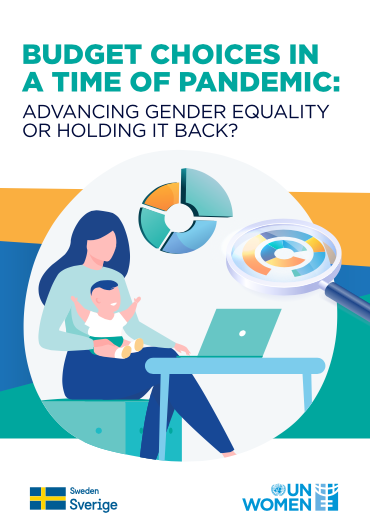
Budget choices in a time of pandemic: Advancing gender equality or holding it back?

This report was produced under the regional project “Transformative Financing for Gender Equality towards more Transparent, Inclusive and Accountable Governance in the Western Balkans,” financially supported by the Swedish International Development Cooperation Agency (Sida). It aims to analyze the initial, differing impact the COVID-19 pandemic has had on women and men. Covering five countries and territories in the Western Balkans (Albania, Bosnia and Herzegovina, Kosovo[1] , North Macedonia and Serbia), the report draws on situation analysis, and quantitative and qualitative review of governments' COVID-19 responses and budget revisions from a gender perspective.
The report primarily mainly targets policymakers in the Western Balkans, and international organizations and bilateral donors supporting countries and territories in the subregion, in addition to academic researchers, students in gender studies, public policy and feminist economists. It may be useful in other regions, and contribute to global debate on gender issues in responding to emergencies and making choices in public spending.
[1] All references to Kosovo should be understood to be in the context of United Nations Security Council resolution 1244 (1999).